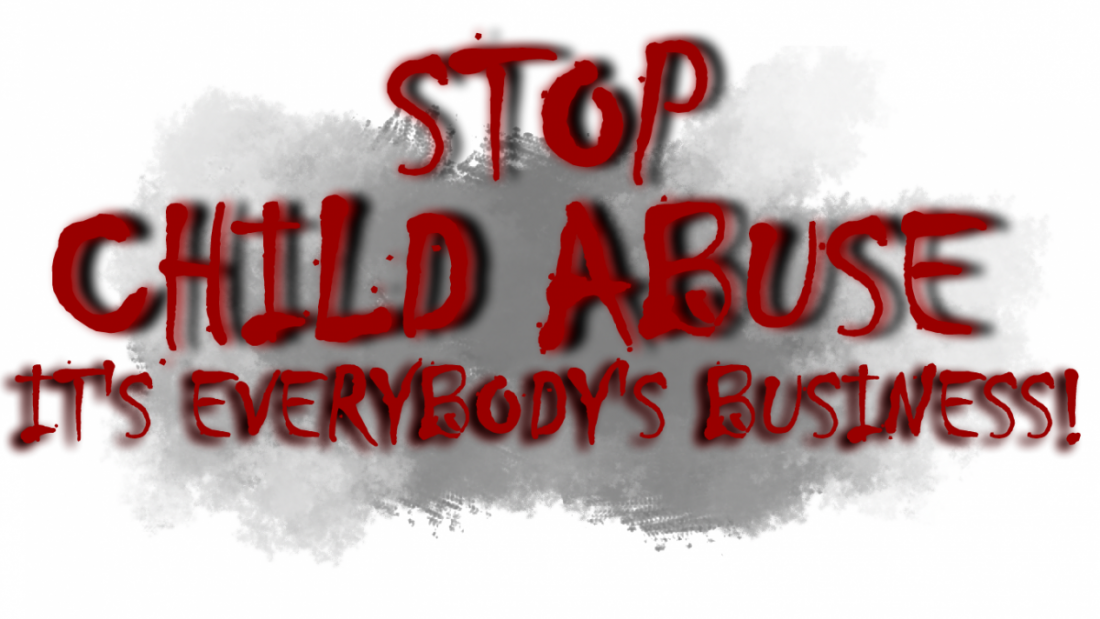Hundreds of children are believed to have been kidnapped in Africa and brought to Britain for brutal voodoo rituals, a UN watchdog said, urging London to do more to combat the scourge.
“We’re concerned about reports that hundreds of children have been abducted from their families in Africa and trafficked to the UK, especially London, for religious rituals,” said Kristen Sandberg, head of the United Nations Committee on the Rights of the Child (CRC).
“They are used in so-called voodoo rituals, and are also raped and sexually abused. The number of convictions is extremely low,” the former Norwegian supreme court judge said on Thursday.
British police are reported to have recorded scores of cases over the past decade of children who have faced torture and abuse as part of witchcraft rituals.
The case of eight-year-old Victoria Climbie — born in Ivory Coast — brought the issue into the public eye in 2000 when she was killed by relatives who said she was a witch.
They were jailed for life.
A year later, police found the dismembered corpse of a Nigerian boy in London’s River Thames, believed to have been used in a ritual.
And in 2010, 15-year-old Kristy Bamu died after being tortured by his sister and her partner, both originally from the Democratic Republic of Congo, who claimed he was cursed.
They also received life sentences.
Ms Sandberg said child trafficking for rituals was part of a wider problem, with thousands of minors brought into Britain every year for sexual exploitation and labour.
The CRC is made of up 18 independent experts who monitor the implementation of international children’s rights treaties.
It held a hearing with British officials last month.
The committee also sounded the alarm about British pedophiles who prey on children abroad.
“There are continued reports that United Kingdom citizens, including some convicted sex offenders, set up charities or travel abroad, where they sexually abuse children,” said Ms Sandberg.
She said Southeast Asia — notably Cambodia and Thailand — was a favoured destination and that orphanages were a source of victims.
The committee called for measures to strengthen identification, investigation and prosecution of British citizens involved in such crimes abroad, and for travel bans on convicted and alleged abusers.
The British government said newly-introduced orders could be applied to people convicted or cautioned for sex offences, and against those deemed to pose a risk of sexual harm even if they have never been convicted.
They can restrict an individual’s internet use, travel abroad, or time spent with minors.
Meanwhile a national group led by Britain’s Home Office interior ministry will look at how the police and other agencies can better identify and combat sexual offending.
“The UK has some of the toughest powers in the world to deal with sex offenders and we are giving police even more tools to protect children at home and abroad,” said crime prevention minister Norman Baker.
“Our two new civil prevention orders will make it easier to restrict the movement and activities of anyone who poses a risk of causing sexual harm to children and adults — not just those who have been convicted of sexual offences.”
He said the National Crime Agency now had more resources to track child sex offenders and was working closely with police forces in Britain and abroad.







